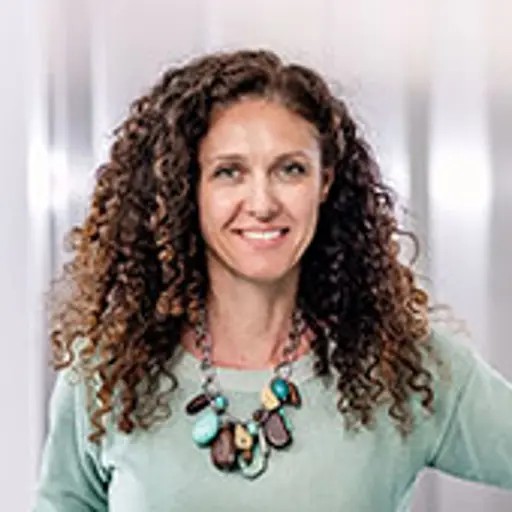
A new study from Chalmers University of Technology shows that feedback in group work within STEM is most effective when approached as a shared, social process.
“When students are given the opportunity to discuss and reflect on feedback, they don’t just learn for the task at hand – they learn for the future,” says Baraa Khuder, researcher at the Department of Communication and Learning in Science.
Group work is becoming increasingly common in higher education, especially in STEM subjects. With this trend comes a growing need to understand how feedback in group settings impacts learning. In a recently published study in Higher Education, researchers Baraa Khuder and Raffaella Negretti followed two groups of engineering students over six months. Through interviews, observations, and analysis of writing drafts, they identified major differences in learning outcomes based on how each group handled feedback.
Collaboratively planning
To analyse the groups’ working processes, the researchers used the concepts of co-regulation (CoRL) and socially shared regulation (SSRL). CoRL refers to situations where an individual steers the group’s response to feedback, whereas SSRL involves the group collaboratively planning and deciding how to act on feedback. The results showed that group that developed SSRL engaged in discussion, negotiation and joint reflection. The group reported clearer goals, better collaboration, and more meaningful learning compared to those who simply accepted feedback without engaging with it. In the group where feedback was passively accepted, confusion and weaker learning outcomes often followed.
“Those who learn to handle feedback collaboratively also gain strategies for continued learning. If we see feedback as an opportunity for interactive thinking, where students reflect together, both writing and critical thinking improve. It leads to deep learning – valuable both in academic studies and in working life,” says Raffaella Negretti.
But good feedback is not always enough. In another study by Baraa Khuder, she highlights another crucial factor: the ability to formulate good questions. According to Khuder, many students – both in the classroom and when using AI tools – tend to share their problems instead of articulating their actual questions. And that can hinder learning.
Important to practise asking questions
“Asking questions is a skill that needs to be practised – not just encouraged,” says Baraa Khuder. “Good questions help students take ownership of their learning, whether the answer comes from a teacher, a peer or an AI tool.”
She advocates for a reflective approach: first, observe what a good result looks like; then, reflect on one’s own level of understanding – and only then formulate questions that help move closer to the goal.
“It doesn’t just make interaction with others more meaningful – it also strengthens your own voice,” she adds.
Recommendations for educators:
- Encourage open discussions about feedback
- Teach students how to formulate productive questions
- Provide tools for students to analyse and use feedback collaboratively
- Create safe environments where groups can share ideas and reflections
About the study:
Collaborative writing regulation: a comparative case study of co-regulation and socially shared regulation in higher education
A qualitative case study of two groups of engineering students working on their bachelor’s theses over six months, including interviews and writing process analysis. Both groups passed, but the results show that active and shared engagement with feedback led to better learning, greater motivation, and a stronger sense of relevance.
Read the study here
The second study referenced in the text explores how human interaction – particularly peer feedback – is a powerful tool in helping students think more critically about AI.
Read more about it: In the age of AI: Human interaction key to preserving academic voice
Questions about our research?
- Senior Lecturer, Language and Communication, Communication and Learning in Science
- Professor, Language and Communication, Communication and Learning in Science

